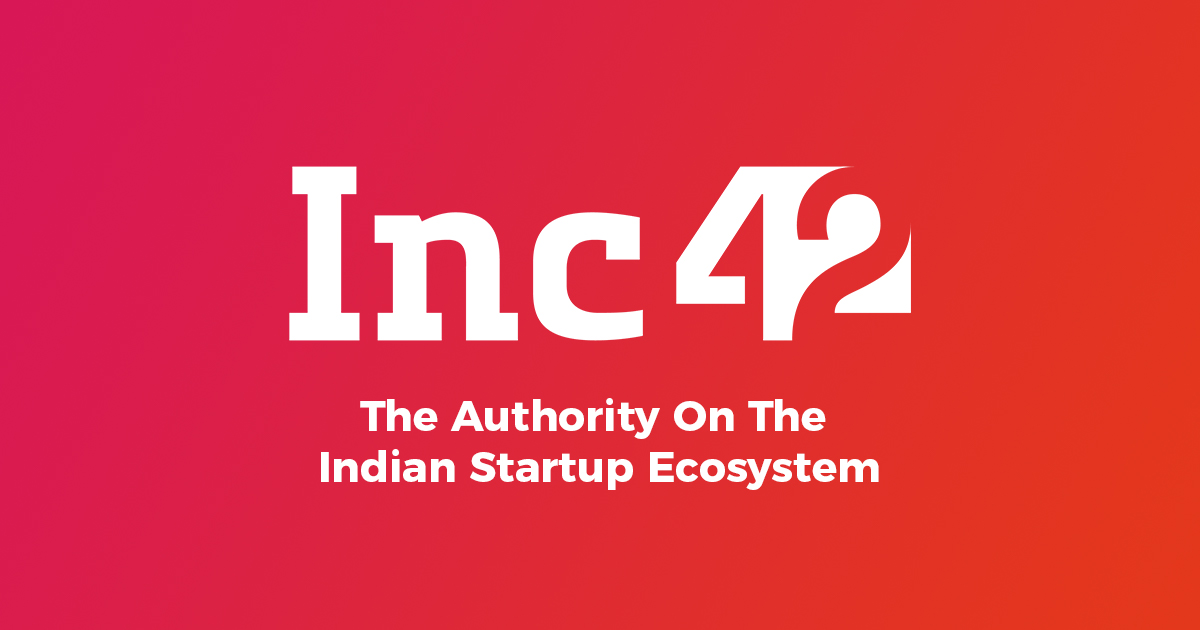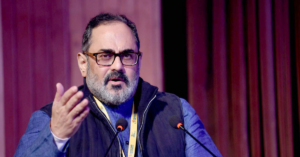The bench declared the law introduced by the TN government as outside the purview of the constitution of India
The HC has directed the state to present new legislation to regulate online games
The state government argued that youngsters are betting high sums of money and losing on these games

The Madras High Court has struck down the Tamil Nadu government’s law banning online betting games such as poker and rummy in the state. The bench headed by chief justice Sanjib Banjerjee and justice Senthilkumar Ramamoorthy declared the law introduced by the state as ultra vires of the constitution or outside the purview of the constitution. However, the court has asked the state government to present a new legislation to regulate online games.
The case against the state government’s law was filed by gaming company Junglee Games India (the named plaintiff in the case) among several other online gaming companies, which challenged the state government’s Gaming and Police Laws (Amendment) Act, 2021. In its judgement, the high court said that not allowing such games will be a violation of Article 19(1) (g) of the constitution of India that allows a person to practice any profession in the country.
The pleas had argued that when their business operations are allowed to run across the nation, the same cannot be banned in Tamil Nadu. The state government hit back and said that the state’s youth had been spending large sums of money while playing these games, which necessitated action against these platforms.
However, the Madras HC ruling does not mean that online betting games are now legal in India. State governments have used their powers to curb gambling to ban usage of many games such as fantasy sports, card games and other games. Since 1960, The Supreme Court has observed that games such as poker and rummy have a dominant element of ‘skill’, which trumps the element of ‘chance’, hence ruling that both games are skill-based card games.
However, gambling is a state subject, and the power to ban it in a state rests in the hands of the state government. Over the years we have seen different states have framed laws targeting these games. These include Assam, Andhra Pradesh, Telangana and Odisha, where there’s a blanket ban on card games played for stake. Earlier this year, Kerala declared online rummy as illegal. The Gujarat and Delhi High Court have also asked respected governments to take action against online betting businesses. In Sikkim and Nagaland, the state governments have excluded the staking of money on games of skill from the ambit of gambling. However, these gaming companies are mandated to get licenses for continuing their operations within state boundaries.
Many have contended that India’s Public Gambling Act, 1867, is outdated as it doesn’t take into account gaming or gambling in the virtual space. However, earlier this year, government think tank Niti Aayog took cognisance of the growing presence of online fantasy sports and drafted guiding proposals for the same. In the discussion paper titled, ‘Guiding principles for the uniform national-level regulation of online fantasy sports platforms in India,’ it proposed the need for an uniform operating grounds for online fantasy gaming players across all states in India. In India, Dream 11, one of the popular fantasy sports platforms, achieved the unicorn status in 2019. Another major fantasy gaming platform MPL is on its way to become a unicorn and replaced Nike as the kit sponsor for the Indian men’s cricket team.
As per Inc42 Plus report on mobile gaming, in 2020 there were 326 Mn estimated mobile users in India and the country ranked sixth in terms of market size of 2020. The report highlighted that the rise in smartphone penetration has driven adoption of local mobile games such as Ludo King, rummy, teen patti, ludo, snakes, checkers, chess and more. As per the report, India’s mobile gaming market is expected to reach $1.6 Bn by 2025.









